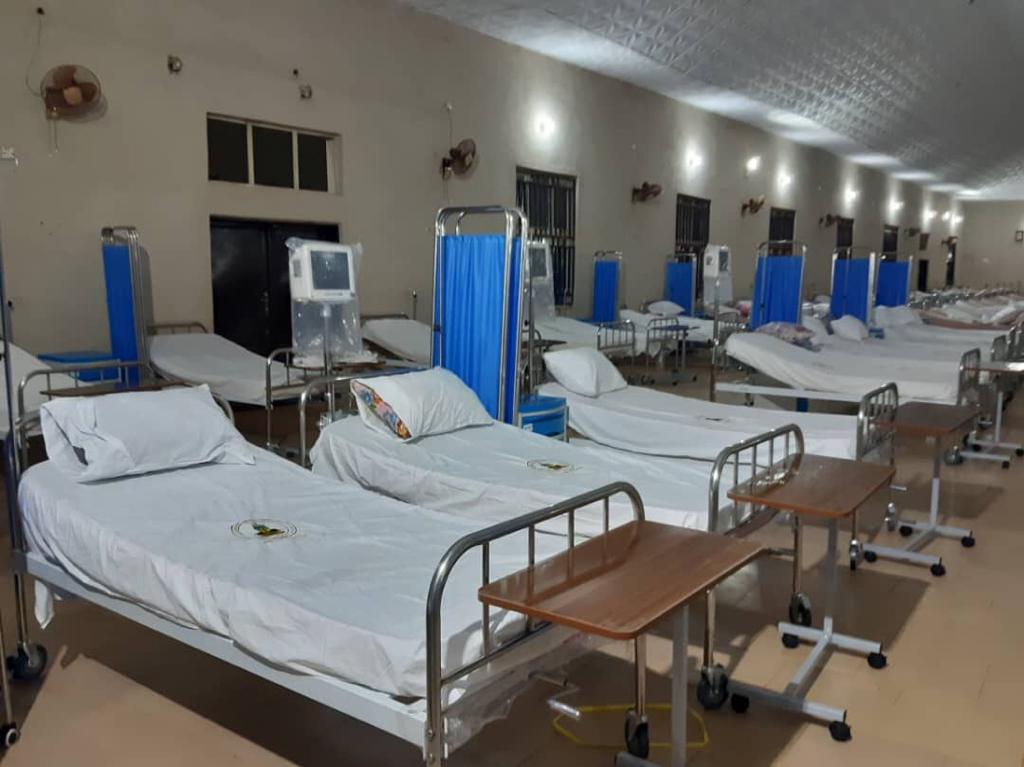Written By: DR. PASCAL AGBODIKE
No doubt, Governor Willie Obiano’s removal on Saturday, April 25 of the restrictions on markets and open religious worship, though on some conditions, was expected. The latest set of 36 specimens tested for COVID-19 was negative. And the state’s index case had impressively been treated in mere four days, earning the state tremendous plaudits.
All the traced contacts tested negative for the disease. With no persons in any of its protective care centres anymore and with no person in the state in self-isolation, the restrictions were eased. For a people well reputed for an entrepreneurial way of life, it was tough to stay a whole month plus without famous markets like Main Market, Ochanja and Ose okwodu markets in Onitsha, Nkwo Market in Nnewi and Eke Market in Awka open. Millions depend on these markets daily for survival. If a less popular government had been in power, the people could have perhaps defied the lockdown. Social upheaval could have resulted.
A special committee of the Anambra State House of Assembly on COVID-19 set up by the Speaker of the House, The Right Honorable Uche Okafor, toured the state and saw the impact of the lockdown firsthand. The committee saw how despondency was growing in the state following the tough restrictions; how people were becoming desperate for survival.
The state government responded to the situation by providing each of the 181 communities in the state with 200 bags of rice each for persons of 70 years and above. With the situation not abetting, each community got an additional 400 bags of rice, this time for youths. The government stopped levies paid by commercial bus, tricycle and motorcycle operators for the months of April and May. The government is granting a 10% tax rebate to businesses and their employees.
It is no longer news that 48 hours after Anambra State began to ease the lockdown, states like Delta and Ebonyi and even the Federal Government followed suit. Anambra State, as the Light of the Nation, must always lead by being proactive. Governor Willie Obiano is leading from the front.
Meanwhile, the Anambra State administration has been proactive both in the prevention of COVID-19 in the state and building world-class infrastructure. Its protection centres include the one at the General Hospital, Onitsha, with 58 beds, the one at the Ekwulobia General Hospital with 60 beds, that at the Umueri General Hospital with 60 beds, the facility at Immaculate Heart Multispecialty Hospital in Aguleri with 12 beds and the one at the National Youth Service Corps (NYSC) camp at Mbaukwu-Umuawulu with 240 beds. It has also been spending good money on training nurses, doctors, ambulance drivers and cleaners on the management of COVID-19 cases.
As early as late January, the government had commenced the campaign. This is becaue Ndi Anambra travel extensively throughout the world and its markets are among the largest in West Africa and always overcrowded. Yet, it has recorded only one confirmed case. Everyone accepts that its government has over the months worked exceedingly hard in this area. But it has unfortunately not received assistance from the Federal Government to assist them in the war against the virus.
Contrary to the impression created by some media reports, the lockdown in Anambra State has not been lifted; only some parts have been eased. Normal religious activities have resumed, but subject to guidelines by their leaders like wearing of masks in churches. The food and pharmaceutical markets have resumed, and the larger markets will reopen today if their leaders agree to the demand that buyers and sellers wear face masks, have water and soaps as well as sanitizers all over the markets and maintain physical distancing.
In other words, key restrictions like closure of boundaries remain. What the government is doing is to ease the restrictions in phases and look at the implications in every instance, rather than end the lockdown in one fell swoop. This is careful thinking. Government officials in Nigeria need to learn from Anambra State to avoid creating a situation which will push the populace to the wall and compel the people to revolt.
The Anambra State pragmatic approach is commendable. It shows how policy and policy measures can be enriched when the executive and legislative arms of government work closely for the benefit of the people.





Comments are closed for this post.